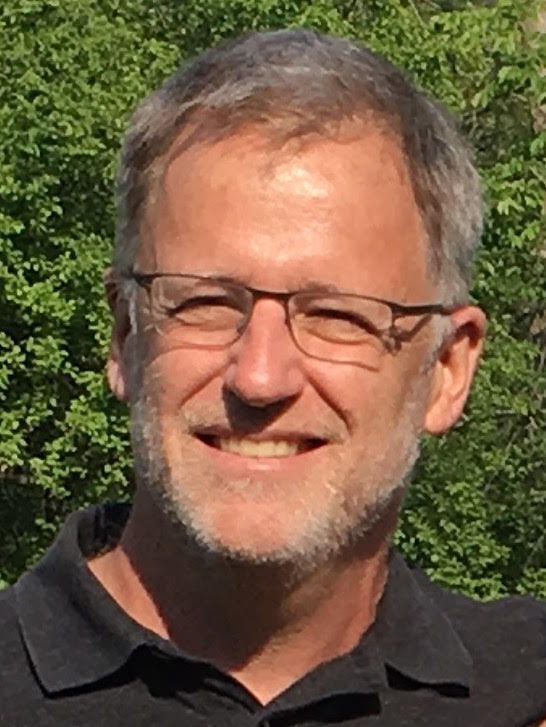Date 12:30 PM ET May 26 2022
Title A Global Research Data Platform: How Globus Services Enable Scientific Discovery
Speaker Ian Foster, University of Chicago and Argonne National Laboratory

Abstract: The Globus team has spent more than a decade developing software-as-a-service methods for research data management, available at globus.org. Globus transfer, sharing, search, publication, identity and access management (IAM), automation, and other services enable reliable, secure, and efficient managed access to exabytes of scientific data on tens of thousands of storage systems. For developers, flexible and open platform APIs reduce greatly the cost of developing and operating customized data distribution, sharing, and analysis applications. With 200,000 registered users at more than 2,000 institutions, more than 1.5 exabytes and 100 billion files handled, and 100s of registered applications and services, the services that comprise the Globus platform have become essential infrastructure for many researchers, projects, and institutions. I describe the design of the Globus platform, present illustrative applications, and discuss lessons learned for cyberinfrastructure software architecture, dissemination, and sustainability.
Bio: Dr. Ian Foster is Senior Scientist and Distinguished Fellow, and also director of the Data Science and Learning Division, at Argonne National Laboratory, and the Arthur Holly Compton Distinguished Service Professor of Computer Science at the University of Chicago. Ian received a BSc degree from the University of Canterbury, New Zealand, and a PhD from Imperial College, United Kingdom, both in computer science. His research deals with distributed, parallel, and data-intensive computing technologies, and innovative applications of those technologies to scientific problems in such domains as materials science, climate change, and biomedicine. Foster is a fellow of the AAAS, ACM, BCS, and IEEE, and an Office of Science Distinguished Scientists Fellow.


